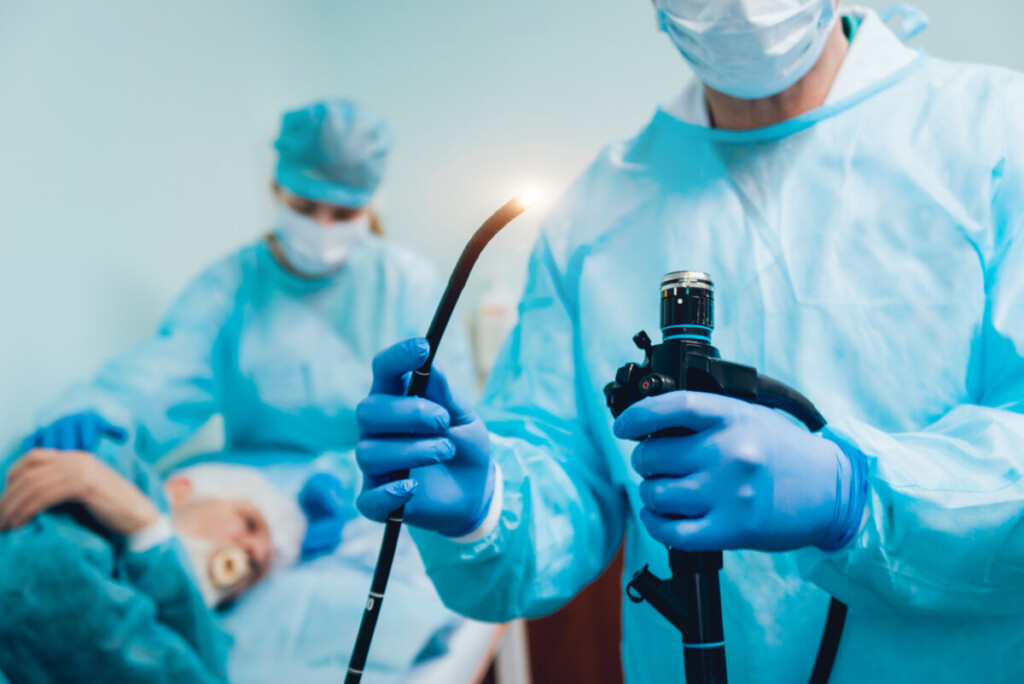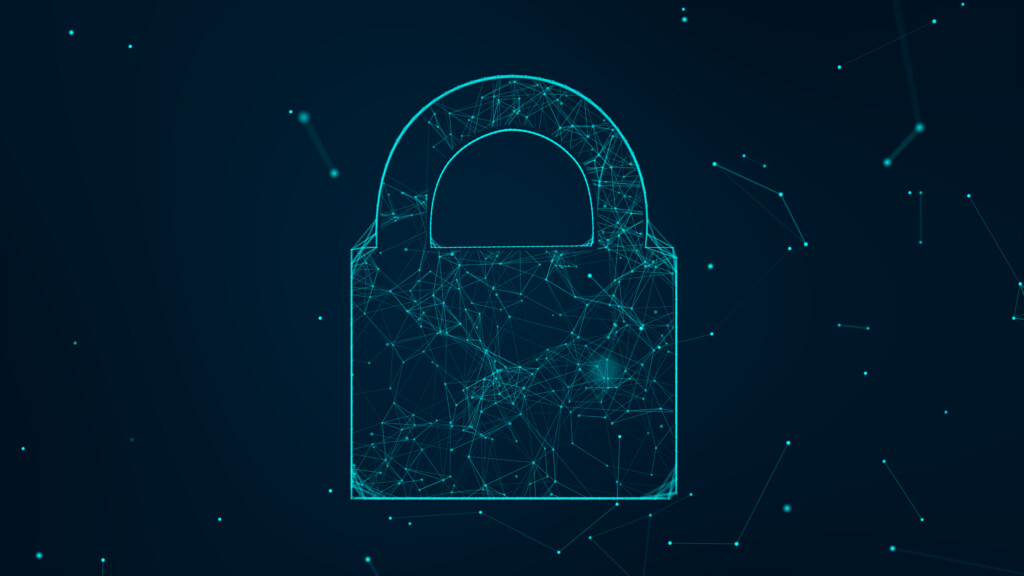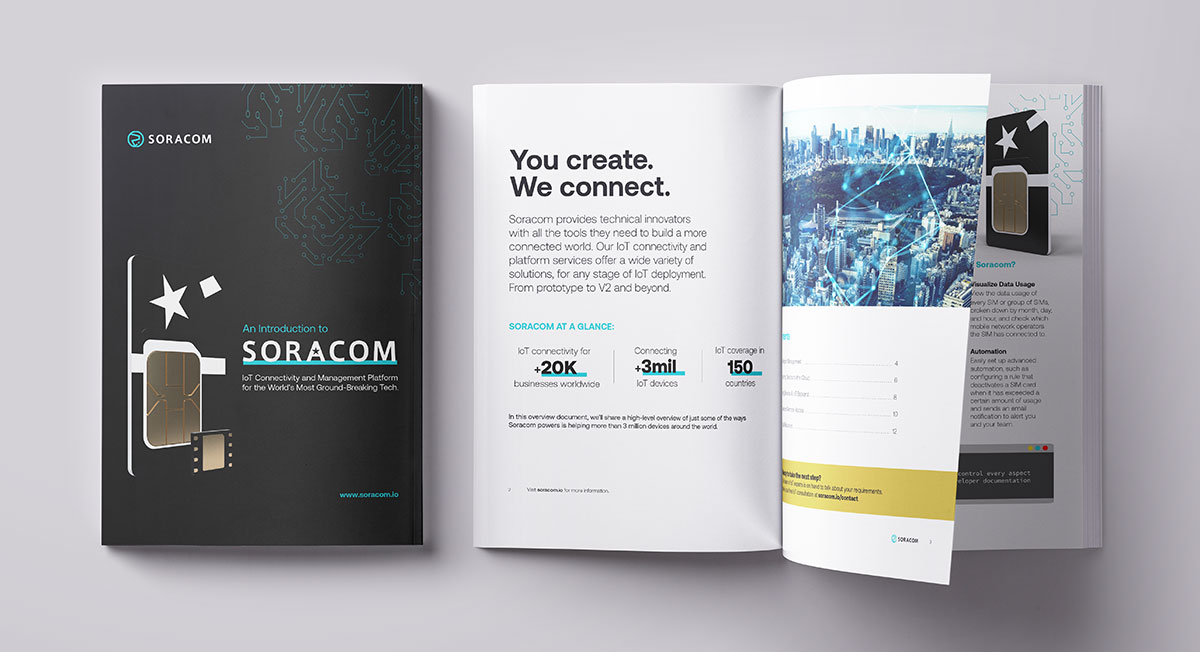How Smart Pills Share Data from Inside Patients

The IoT is creating opportunities to revolutionize the way healthcare is delivered. Tools like internet-connected smart inhalers, wearable IoT devices that can predict infection by common cold and flu viruses, and even microscopic internet-connected robots that can perform complex surgical procedures from inside the human body are just a few examples of exciting innovations made possible through the IoT.
In 2017, the U.S. FDA approved the first drug with a digital ingestion tracking system. The medication, aripiprazole, was designed to treat mental diseases including schizophrenia, bipolar disorder, and, in some cases, adult depression. By tracking the medication, doctors can determine whether or not patients are complying with their prescribed treatment.
Within between 30 minutes and two hours of taking the pill, the ingested medication sends a message to a wearable patch attached just below the patient’s rib cage. That patch then shares data with a mobile app that patients can access. They can also share that data with their caregivers through a web-based portal.
Now, smart pills, easily ingestible capsules that contain sensors or cameras, are a growing part of the healthcare landscape, bringing with them opportunities to monitor medication regimens, perform surgeries that were formerly confined to invasive procedures, and measure vital signs like temperature, blood pressure, and blood sugar concentrations.
The global market for smart pills was US$4.03 billion in 2021 and is expected to grow to $6.83 billion by 2026. This growth is being driven by a growing preference for non-invasive approaches to procedures that typically require the surgical placement of equipment (eg. fiber optics) into patients to diagnose and treat illness. Now, common procedures, like endoscopies, can be performed using these ingestible pills.

Smart Pills Enable Remote Endoscopies
Capsule endoscopies, early versions of which were first approved by the FDA in 2001, are a great example of a procedure that’s less invasive thanks to smart pills. These procedures are useful for examining unexplained bleeding in the small intestine, but can also be used to diagnose disorders like celiac disease, inflammatory bowel syndrome, or Crohn’s disease.
Traditionally, doctors performing an endoscopy would use a small, flexible scope with a camera and light to examine the inside of patients’ esophagus, stomach, and small intestine. Capsule endoscopies, however, only require patients to swallow a pill with a small camera inside it. Doctors then use that camera to capture thousands of images from within the digestive tract as the pill travels through the various stages of the system.
Patients wear a monitor sensor around their waist that captures the data from the capsule endoscope for approximately eight hours before returning the data collection device to the doctor’s office. Current generation smart pills allow for a more panoramic view of the patient’s insides. The CapsoCam Plus, for example, contains four 90-degree cameras, providing a full 360-degree view of the various stages of digestion. The capsules themselves are disposable.
Protecting Patients’ Privacy
From unparalleled imaging of a patient’s innards to tracking their compliance with a prescribed medication regimen, the challenge of smart pills is ensuring patient privacy is protected. Patients using these devices need reassurance that their private health data is being managed carefully.
In some cases, including the schizophrenia drug approved by the FDA in 2017, the patient is given control through a smartphone app of the data shared from the smart pill. They can choose whether their provider and other trusted healthcare managers can have access to the data, and block their data from being shared at any time, should they be worried about privacy.
Data security in healthcare is already a big concern for patients and providers across the nation. There were nearly two health data breaches per day in 2021, and the U.S. Department of Health and Human Services’ Office for Civil Rights, which tracks reports of these data incursions, estimates that 94.63% of the U.S. population in 2021 has been affected by these incidents.
Protecting against breaches requires adherence to good security practices: monitoring for signs of breaches, keeping all software and hardware fully updated, maintaining a strong password control policy for any health data network, and securing IP addresses.

A Smart Technology in its Infancy
Smart pills have the potential to help create less invasive diagnostic procedures and support compliance with prescribed medication. They are also, however, a relatively nascent tool in healthcare, with much development expected in the next few years.
………………
Got a question for Soracom? Whether you’re an existing customer, interested in learning more about our product and services, or want to learn about our Partner program – we’d love to hear from you!



